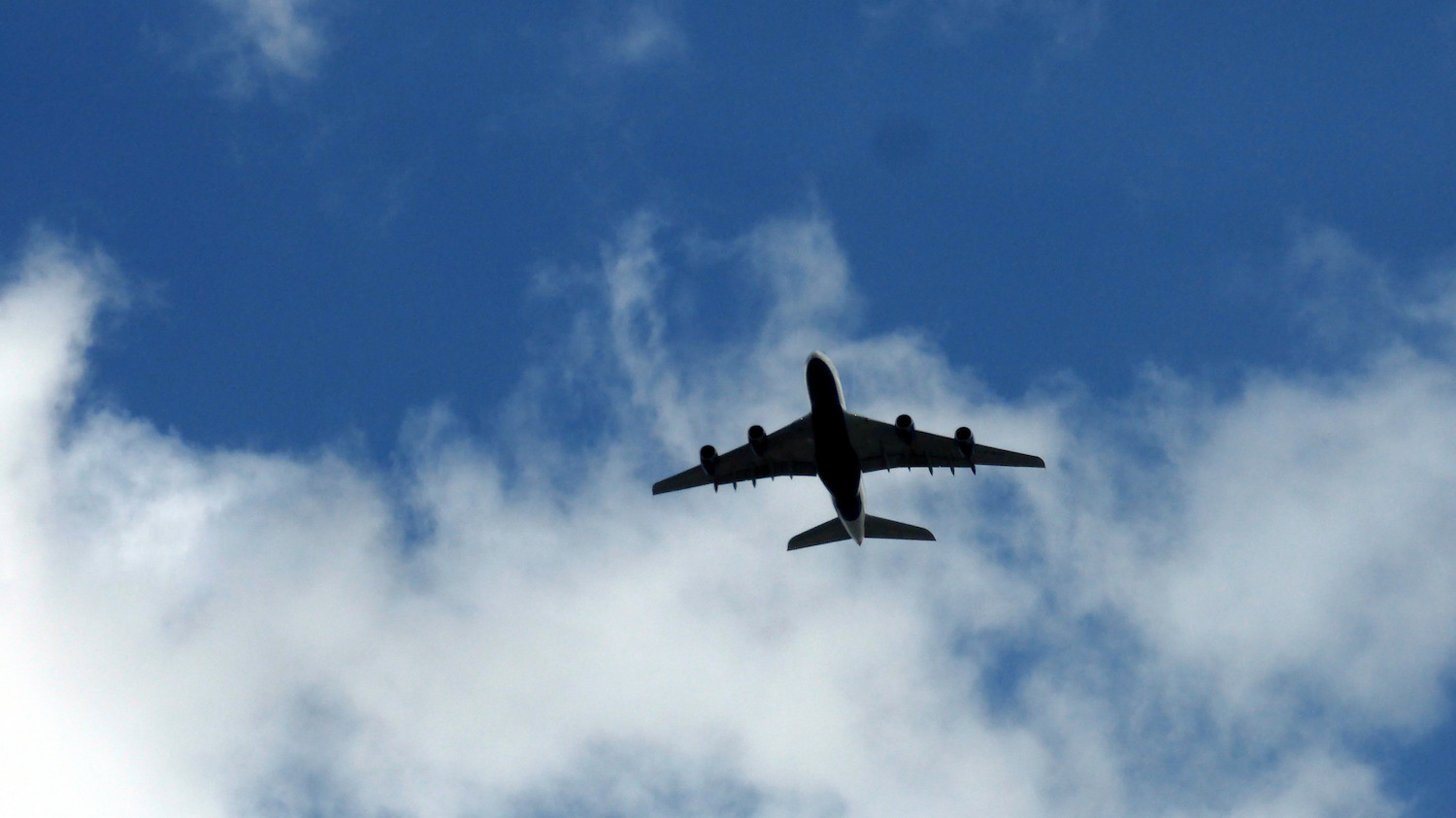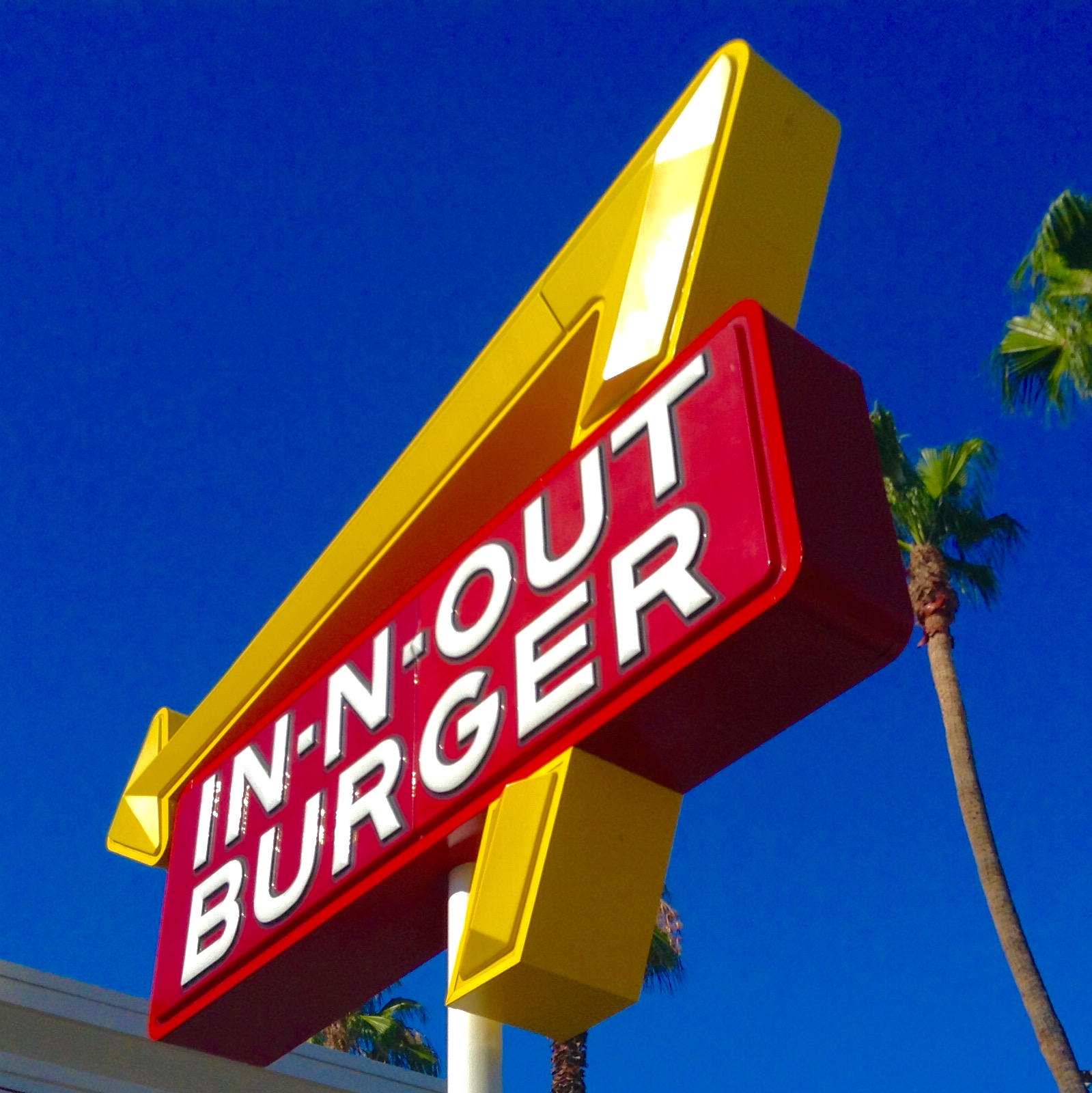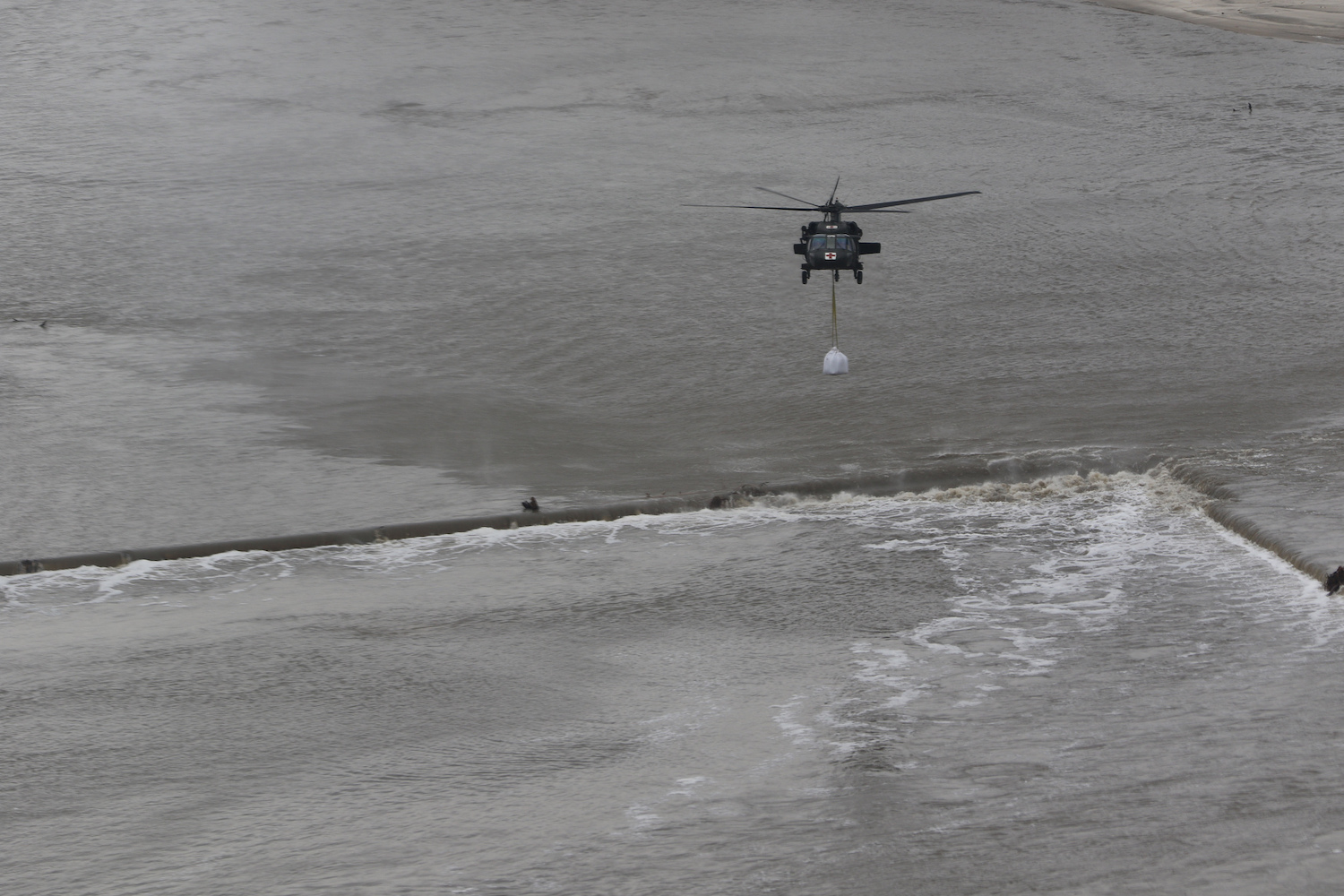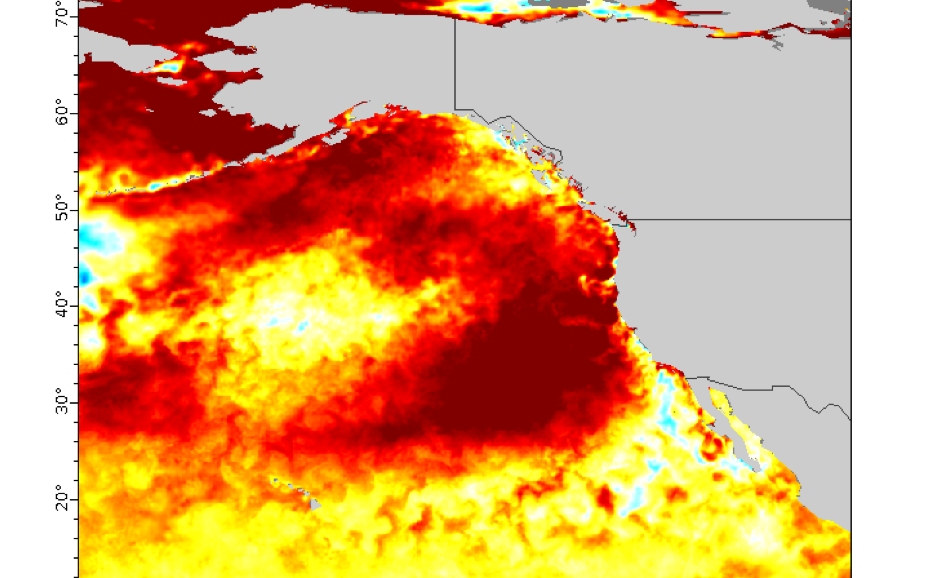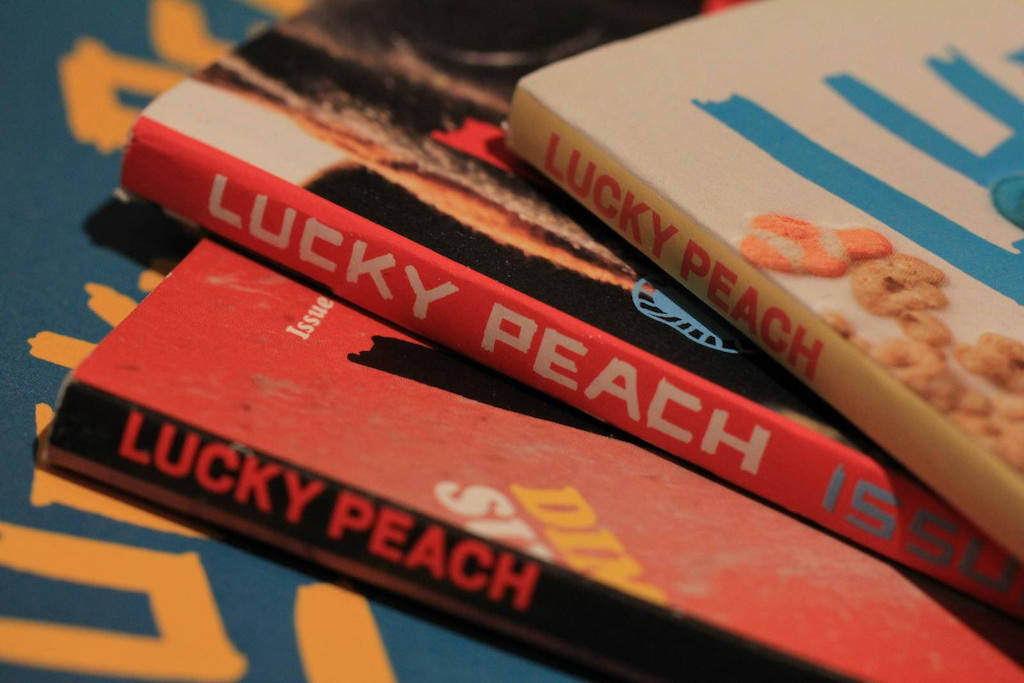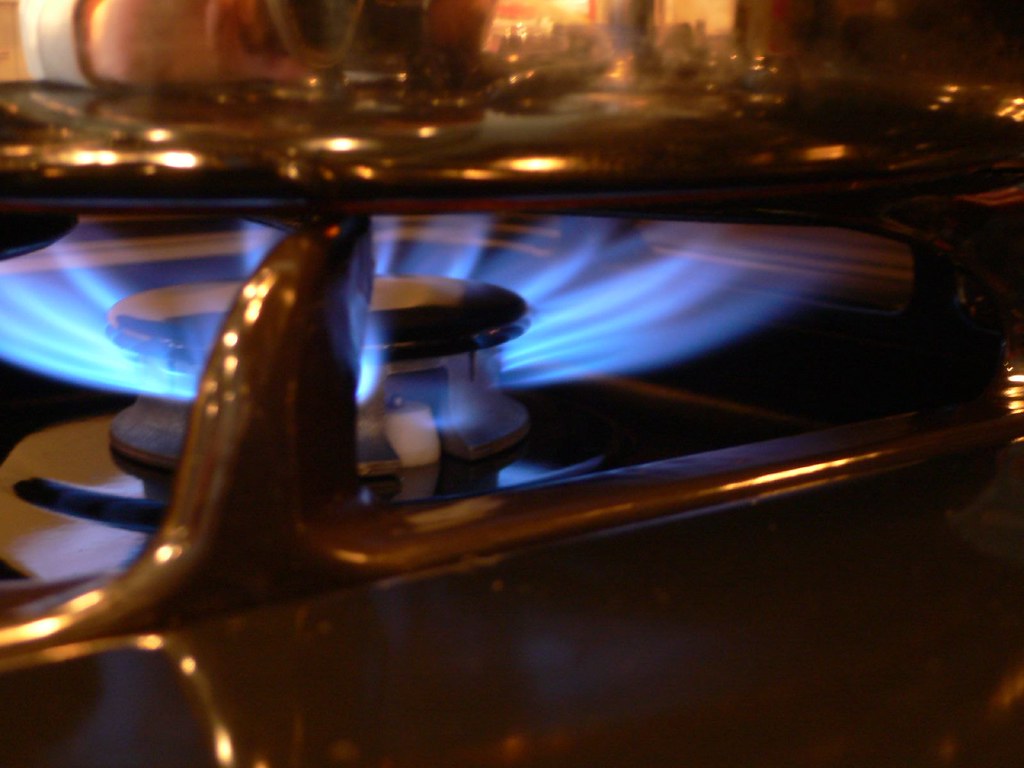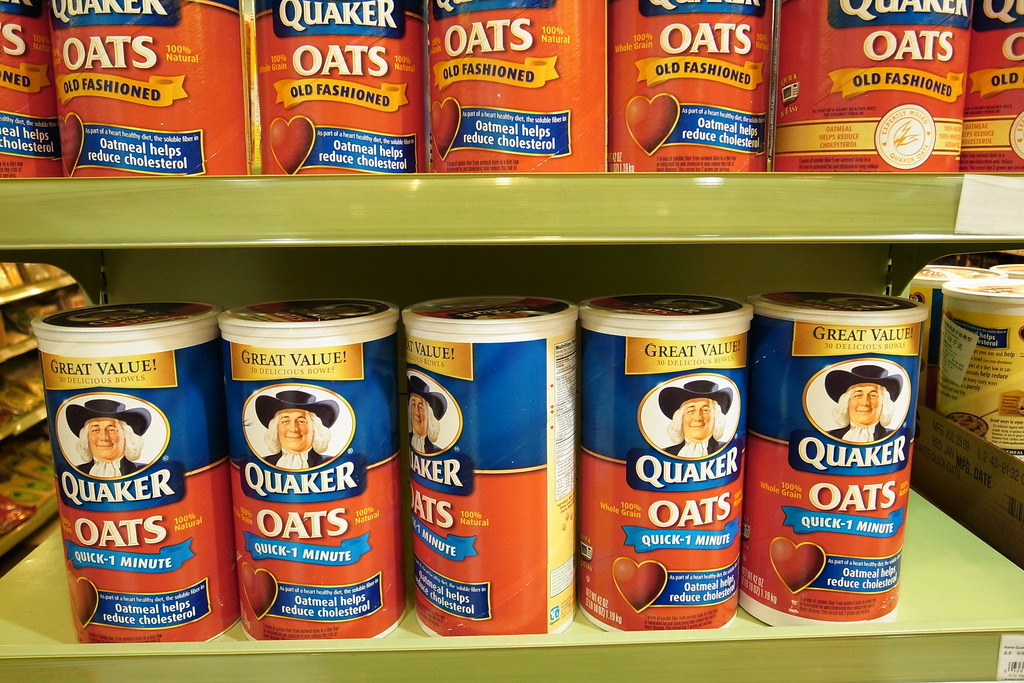This is the web version of a list we publish twice-weekly in our newsletter. It comprises the most noteworthy food stories of the moment, selected by our editors. Get it first here.
Hip chick. If you read this Atlantic story about America’s relatively recent embrace of chickpeas—a food the rest of the world has eaten for thousands of years and that U.S. eaters grew to love via hummus, one of the first prestige grocery foods—for no other reason, read it for this quote: “Hummus was The Sopranos of the grocery store.”
Small is beautiful. Though Americans do love to supersize some foods, we apparently prefer our fish served small. Or rather, plate-sized. And as NPR reports, that’s no good for oceans. The U.S. retail and restaurant obsession with how whole, intact fillets visually present on a plate, and amount to a perfect single serving, has increased demand for smaller fish that haven’t yet reached sexual maturity. That’s squeezing populations, including some snappers.
Calorie count. Did you know that your body absorbs fewer calories from cold toast than from hot? Or that some people’s intestines are 50 percent longer than others? This week, The Economist’s 1843 Magazine tackles the calorie question. Writer Peter Wilson interrogates where they came from, whether or not they’re an accurate metric for weight control (spoiler alert: probably not), and where we can go from here.
Liftoff. There are plenty of good reasons why airport food is expensive—union labor, longer hours, off-site kitchens, special insurance. Most concessionaires are reined in, however, with “street pricing” that limits food prices to no more than 10 percent higher than they would be outside the airport. Not, however, at the Phoenix airport, which has cleared the runway for the concessionaire that operates its Panera Bread location, among others, to charge customers as much as it wants. That bestows upon Phoenix the ignominious honor of possibly serving America’s most expensive airport food, right up there with Las Vegas, The Arizona Republic reports.
